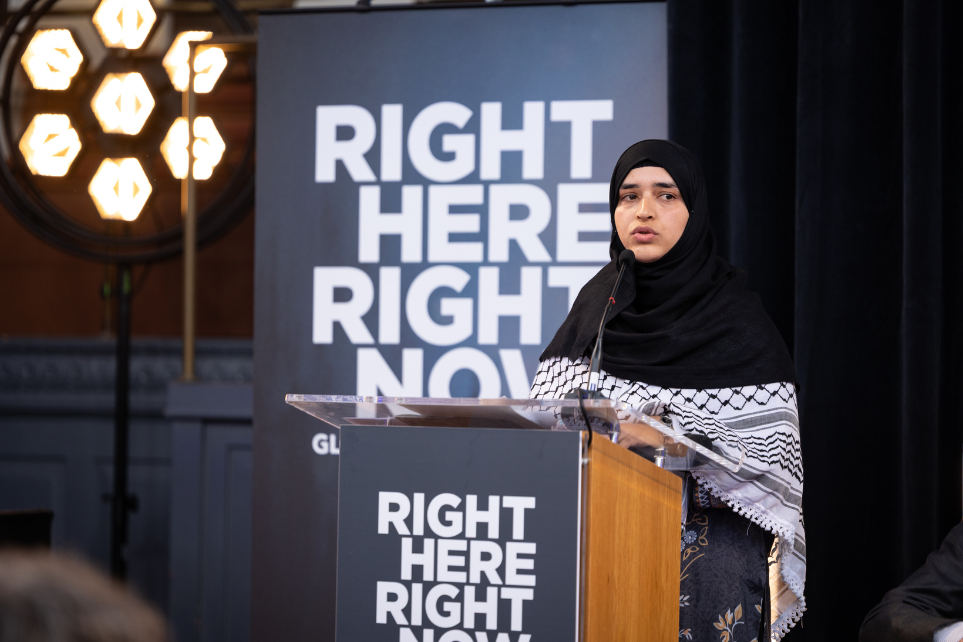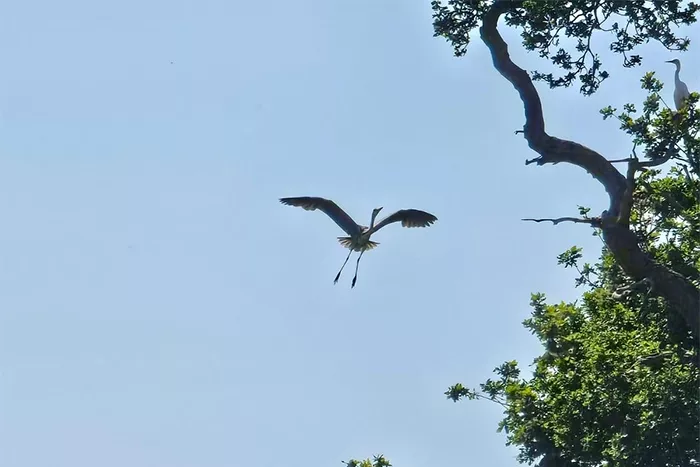Tabina Manzoor, a Kashmiri student, researcher, and environmentalist currently pursuing an MSc in Water Science, Policy, and Management at SoGE, served as a student co-moderator at Oxford’s recently concluded Right Here Right Now Global Climate Summit, where she also gave an opening address at the Sheldonian Theatre.
News
Reducing emails won't save us
Short 'thank you' emails amount to a tiny fraction of climate change caused by the internet, writes iNews. While emails do contribute to carbon emissions, experts have said they are much less detrimental to the environment than other activities such as video streaming. With comment from Stephen Smith, Executive Director of Oxford Net Zero.

Times letters: Boris Johnson's green industrial revolution
'There is one important difference between the prime minister's ten-point plan and that released last week by the all-party parliamentary group on net zero,' writes Myles Allen. 'The PM doesn't say who is going to pay for carbon capture in the long term. The solution the APPG proposed is simple: a carbon takeback obligation.' [Also covered by BBC, Guardian and others]

Woman's Hour Power List: Our Planet
Brenda Boardman, energy researcher and ECI Emeritus Fellow, is one of the 30 women featured in the BBC's 2020 Power List. The list celebrates inspiring women whose work is making a significant positive contribution to the environment and the sustainability of our planet. Brenda's research includes bringing energy efficiency labelling to UK appliances.
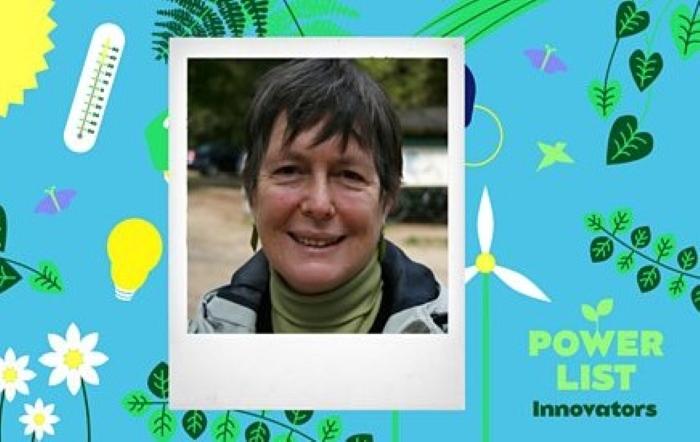
Patricia Daley named on influential Black Powerlist 2021
Congratulations to Patricia Daley (Professor of the Human Geography of Africa), who has been recognised in the influential Black Powerlist 2021, published by Powerlist Magazine on 17 November.
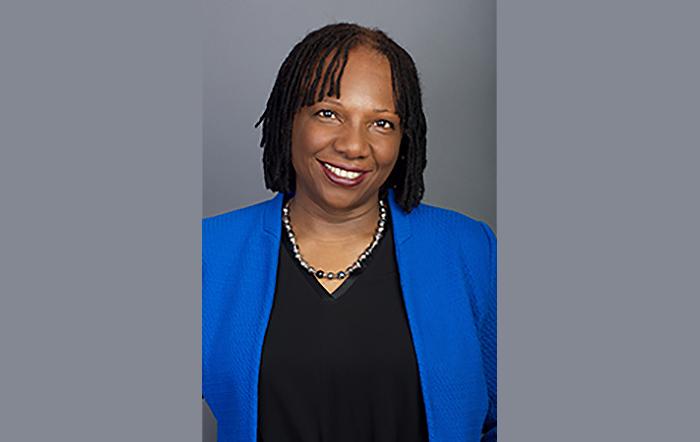
2019-20 Philanthropy Report draws attention to graduate work on sustainable water solutions
The role of philanthropy in helping to accelerate the vital work taking place at Oxford has been recognised in this year's University Philanthropy report, including that of Claire Nakabugo (MSc Water Science, Policy and Management graduate) who has been contributing to local, national and international conversations about sustainable water management. Turn to pages 18-19 to learn more.
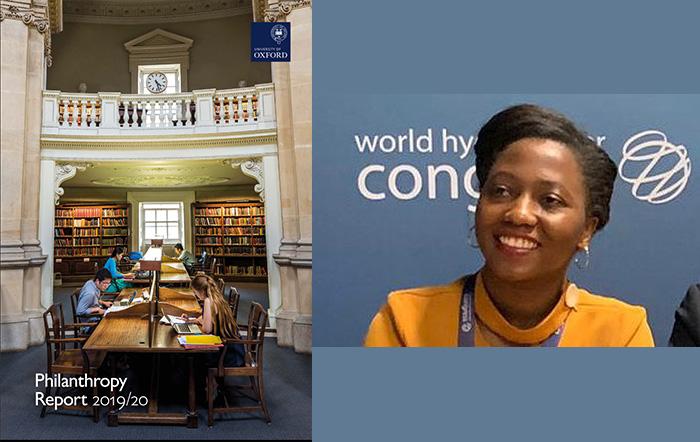
'Oxford Net Zero' launches to tackle global carbon emissions
The initiative, launched this week, draws on the university's world-leading expertise in climate science and policy, addressing the critical issue of how to reach global 'net zero' - limiting greenhouse gases - in time to halt global warming. The new programme, backed by a 2.2 million pound investment from Oxford's Strategic Research Fund, includes leading researchers from across the university.

11 innovations set to change our lives
The Mirror explores incredible scientific innovations from fighting climate change to helping solve world hunger. First on the list is research from Cameron Hepburn on greenhouse gas removal and the potential to make valuable products from CO2.

Centenary Event recording 'A thing inexpedient and immodest': women in the University of Oxford's School of Geography now available online
On 16th October Dr Elizabeth Baigent, Reader in the History of Geography at the University of Oxford, delivered a special event uncovering the hidden stories of the School of Geography and the Environment's first female geographers. The event formed part of the University's centenary, marking 100 years since the first women collected their degrees.

Companies Can No Longer Dodge Climate Risks as U.K. Raises Bar
'Starting in 2025, U.K. companies will have to disclose the extent to which their operations are exposed to the risks posed by global warming. Mandatory disclosures will force businesses to give investors and consumers the information they need to make decisions in rapidly warming world,' writes Bloomberg Green. With commentary from Ben Caldecott, director of Oxford's Sustainable Finance Programme, who highlights the need for good data to push companies to change.
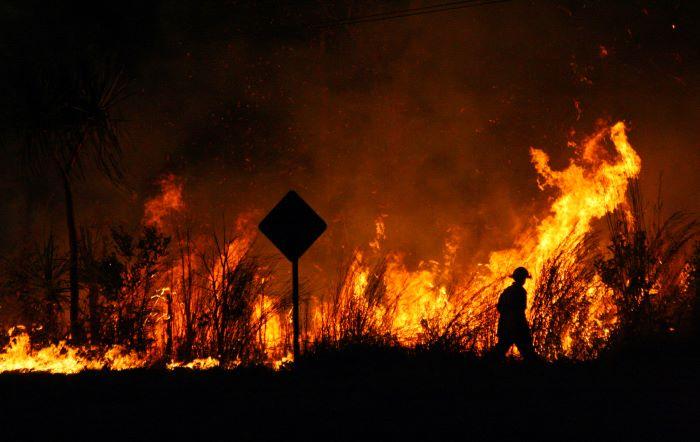
Cooling: hidden threat for climate change and sustainable goals
Growing international demand for cooling has the potential to drive one of the most substantial increases in greenhouse gas emissions in recent history. A new study, led by Radhika Khosla and the Oxford Martin Programme on the Future of Cooling, and published in Nature Sustainability, sets out a new framework for delivering sustainable cooling. It also examines cooling needs in the context of sustainable development, and finds that this is a global blind spot.



